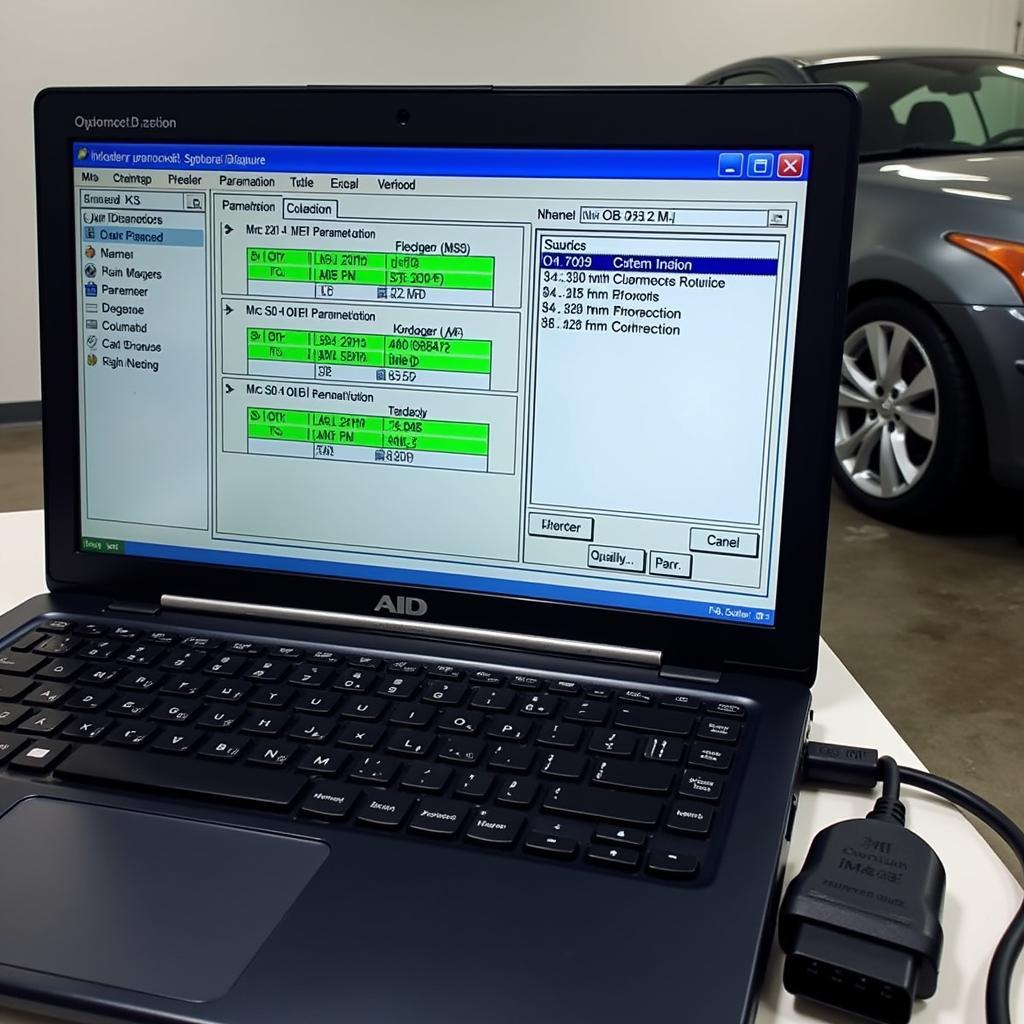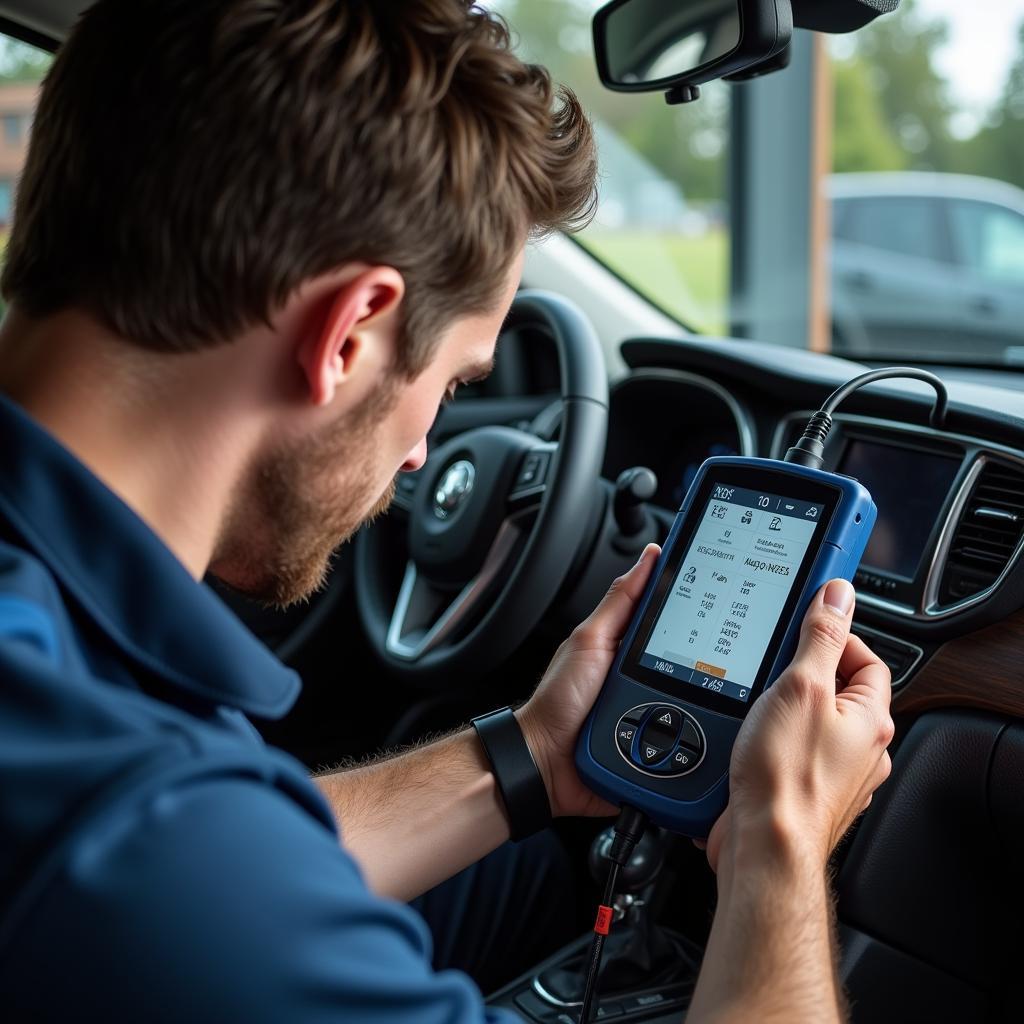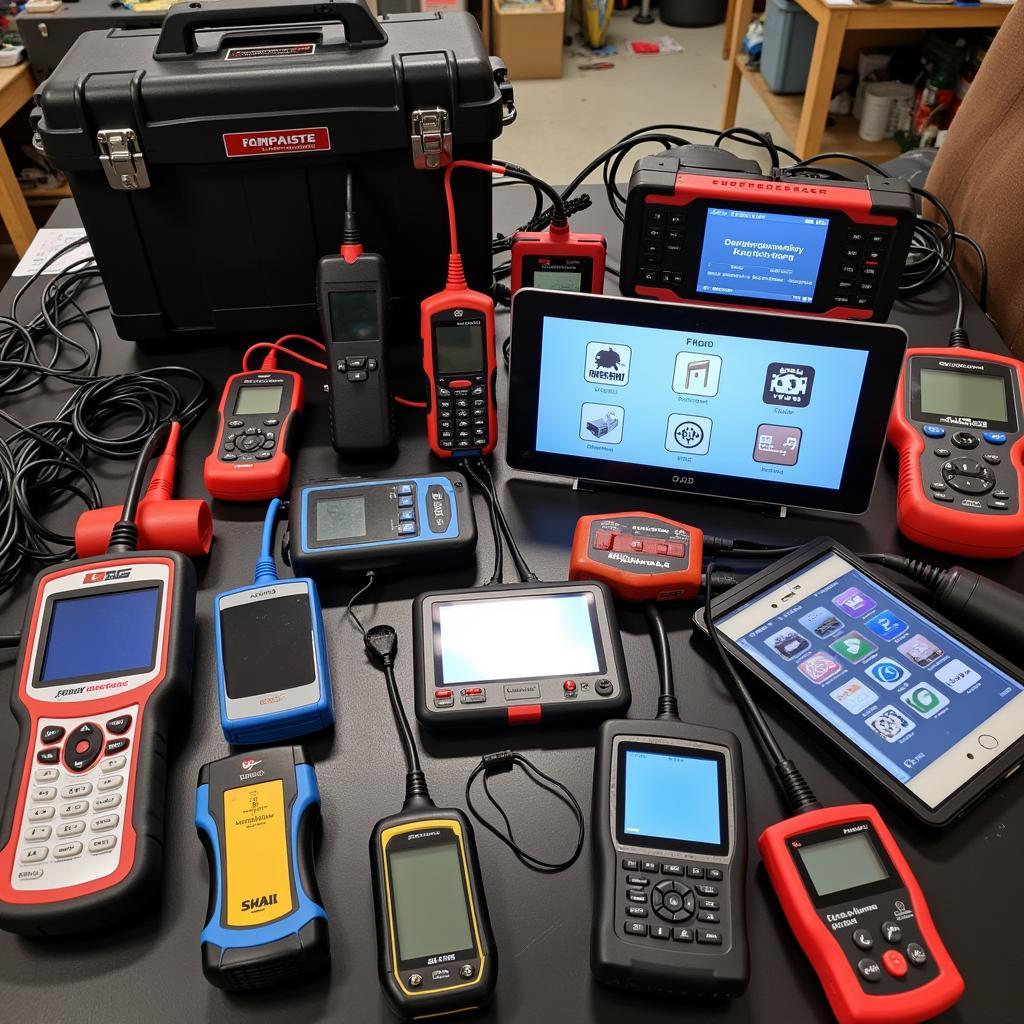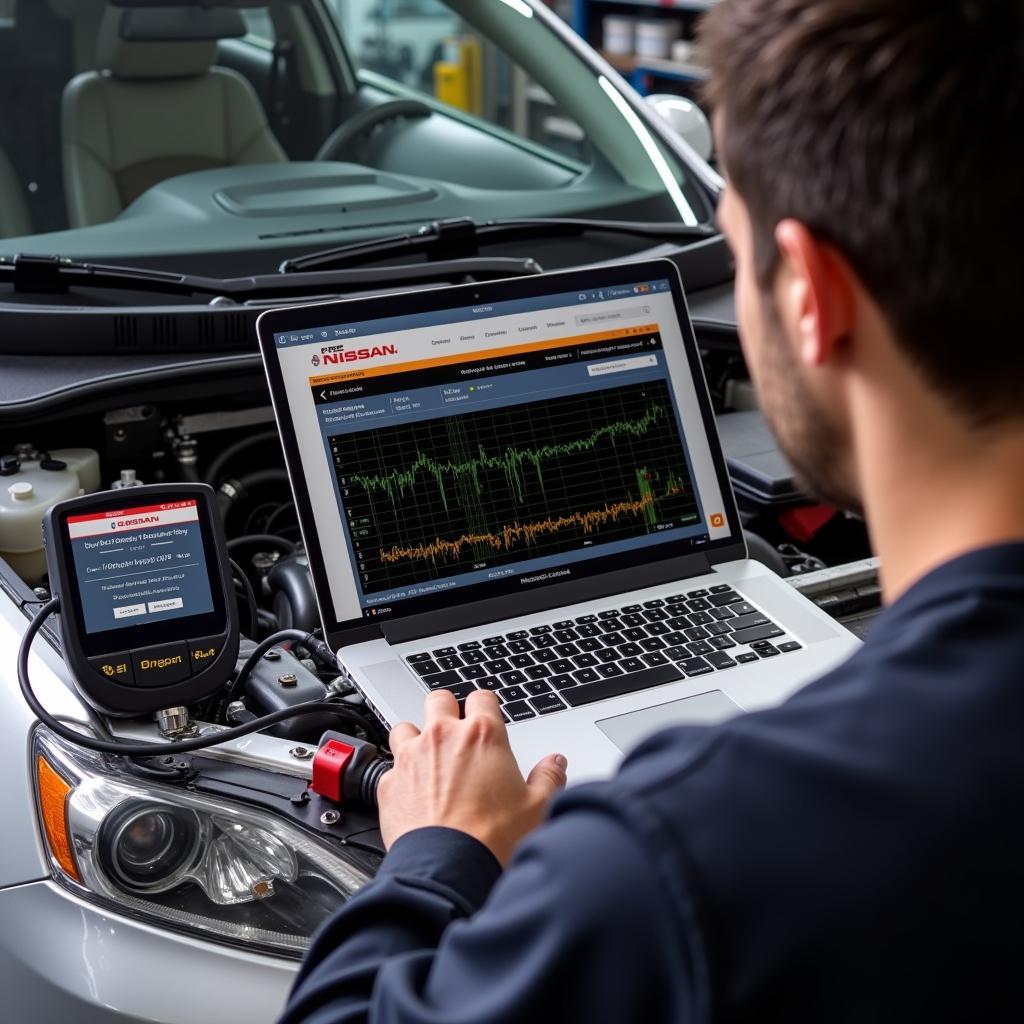Modern vehicles are complex systems, and when something goes wrong, pinpointing the issue can be a real headache. A reliable Diagnosis Diagnostics Tool is essential for both professionals and DIY enthusiasts. It’s the key to unlocking the secrets hidden within your car’s computer, enabling you to identify and resolve problems quickly and efficiently.
Choosing the right diagnosis diagnostics tool can feel overwhelming given the vast array of options available. This guide will equip you with the knowledge you need to make an informed decision and understand how to utilize these powerful tools effectively. We’ll explore the different types of diagnostic tools, their capabilities, and how they can help you save time and money on repairs.
Types of Diagnosis Diagnostics Tools
Several types of diagnosis diagnostics tools cater to different needs and budgets. Understanding these distinctions is crucial for choosing the best tool for your specific requirements.
OBD-II Scanners
These are the most common and accessible type of diagnostic tool. OBD-II scanners can read and clear diagnostic trouble codes (DTCs) from your vehicle’s onboard computer. Basic scanners provide the code itself, while more advanced models offer descriptions of the problem and potential solutions.
Professional Scan Tools
Professional scan tools offer a much wider range of functionality compared to basic OBD-II scanners. These tools can access manufacturer-specific codes, perform bidirectional tests (activating components like fuel injectors), and offer advanced features like programming and coding. They’re essential for serious DIYers and professional mechanics.
PC-Based Scan Tools
PC-based scan tools connect to your computer, allowing you to utilize software for a more in-depth analysis of your vehicle’s data. These tools often offer a greater level of customization and access to a wider community of users for support and troubleshooting.
 PC-Based Scan Tool Connected to Laptop
PC-Based Scan Tool Connected to Laptop
Choosing the Right Diagnosis Diagnostics Tool
When selecting a diagnosis diagnostics tool, consider your skill level, budget, and the types of vehicles you’ll be working on. A simple OBD-II scanner may suffice for reading and clearing basic codes, but more advanced tools are necessary for complex diagnostics and repairs.
What Features Do You Need?
Think about the specific features you require. Do you need bidirectional testing capabilities? Are you planning on performing any programming or coding? Answering these questions will help narrow down your options. Similar to diagnostic tool online, selecting the right tool often depends on your specific needs.
Consider Your Budget
Diagnosis diagnostics tools range in price from affordable OBD-II scanners to high-end professional scan tools. Set a budget and stick to it.
 Mechanic Using Diagnostic Tool on Car
Mechanic Using Diagnostic Tool on Car
Using Your Diagnosis Diagnostics Tool Effectively
Once you’ve chosen your diagnosis diagnostics tool, it’s important to understand how to use it effectively.
Understanding Diagnostic Trouble Codes (DTCs)
DTCs are codes stored in your vehicle’s computer that indicate a specific problem. While a diagnosis diagnostics tool can provide the code and a general description, further research is often necessary to pinpoint the root cause of the issue. Knowing how to interpret and use DTCs is crucial for effective diagnostics.
Performing Bidirectional Tests
Bidirectional tests allow you to activate components like fuel injectors, solenoids, and relays to verify their functionality. This feature, common in diagnostics tools in automotive, is invaluable for diagnosing complex electrical issues.
Accessing Manufacturer-Specific Codes
Some diagnostic tools can access manufacturer-specific codes, which provide more detailed information than generic OBD-II codes. This feature is essential for working on specific vehicle makes and models.
Beyond the Basics: Advanced Diagnostics
Beyond the basics of reading and clearing codes, diagnosis diagnostics tools can be utilized for more advanced diagnostics.
Data Logging
Data logging allows you to record data from various sensors over time. This information can be invaluable for identifying intermittent problems that are difficult to diagnose with traditional methods. This is particularly helpful when using a diagnostic tool for truck computer.
Programming and Coding
Some diagnostic tools allow you to program and code new modules, such as replacing a faulty ECU. This is a more advanced feature typically utilized by professional mechanics. Even when dealing with something like a virus diagnostic tool, understanding the basic principles is crucial.
Conclusion
A quality diagnosis diagnostics tool is an invaluable asset for any car owner or mechanic. It empowers you to understand your vehicle’s health, diagnose problems efficiently, and save money on repairs. Choosing the right tool and understanding its capabilities is key to unlocking its full potential. Contact ScanToolUS at +1 (641) 206-8880 or visit our office at 1615 S Laramie Ave, Cicero, IL 60804, USA for assistance. We’re here to help you find the perfect diagnosis diagnostics tool for your needs.
 Variety of Diagnostic Tools
Variety of Diagnostic Tools
FAQ
-
What is a diagnosis diagnostics tool?
A diagnosis diagnostics tool is an electronic device used to communicate with a vehicle’s computer system to retrieve diagnostic trouble codes (DTCs) and other data. -
Do I need a diagnosis diagnostics tool?
A diagnosis diagnostics tool is helpful for anyone who wants to understand and maintain their vehicle. -
How do I use a diagnosis diagnostics tool?
Most diagnosis diagnostics tools connect to the vehicle’s OBD-II port and provide instructions on how to retrieve and interpret data. -
What is an OBD-II port?
The OBD-II port is a standardized connector found in most vehicles manufactured after 1996. -
What are diagnostic trouble codes (DTCs)?
DTCs are codes that indicate specific problems within the vehicle’s systems. For example, relating to a specific system such as covered with an obd i 1993 toyota diagnostic tool. -
How much does a diagnosis diagnostics tool cost?
The cost of a diagnosis diagnostics tool varies depending on its features and capabilities. -
Where can I buy a diagnosis diagnostics tool?
Diagnosis diagnostics tools can be purchased from various retailers, both online and in-store.

